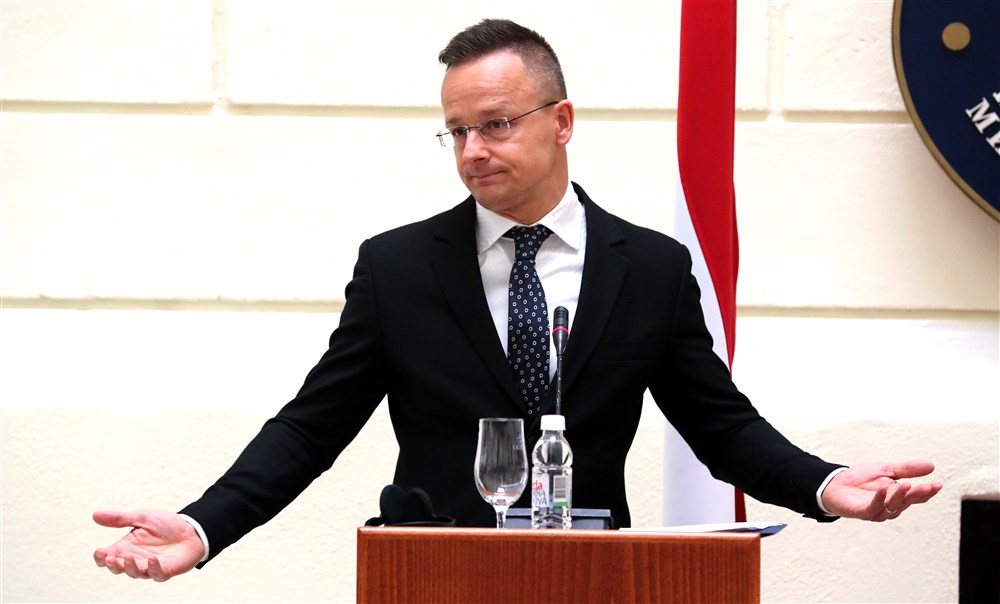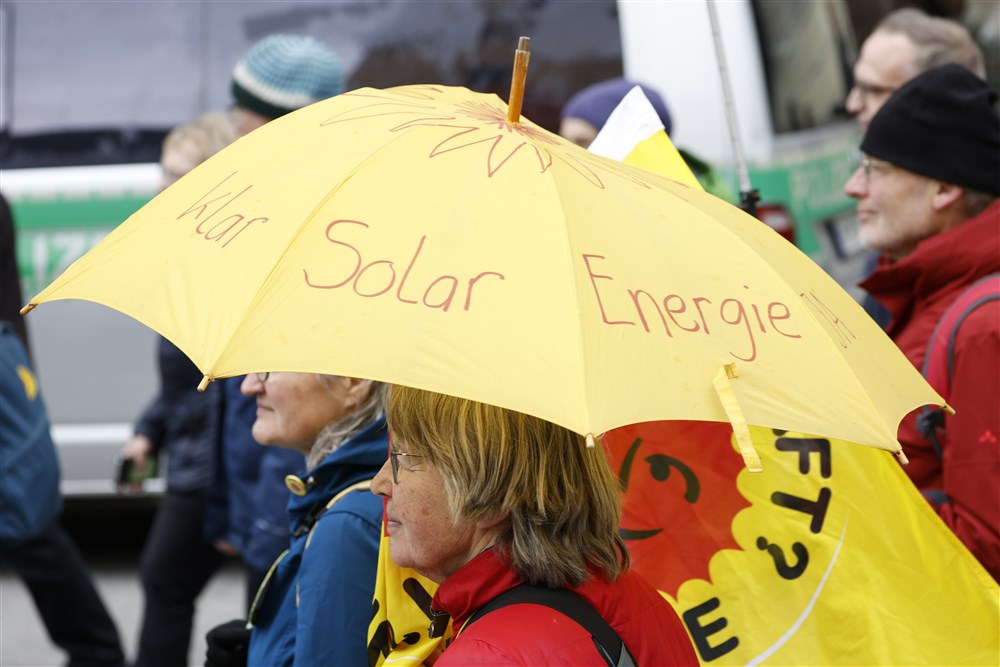The Spanish government is pleading for help from the European Commission as its farmers suffer a historic drought that looks set to destroy a large part of this year’s harvest. The country’s 890,000 farmers say they need urgent support to survive rising heat levels that are drying the soil. Some regions have seen five consecutive years of drought.
Spain’s ecological transition ministry has said that more than a quarter of the country is experiencing droughts classified as “emergency” or “alert-level”, while water reserves are at 50 per cent of capacity nationally. The latter statistic is especially concerning, as the lack of water has led many farmers to hold off plantings cereals and oilseeds this spring.
The region of Andalusia, the most important region for agricultural exports, was hit the hardest after Guadalquivir River Basin farmers had their water allowance cut by up to 90 per cent, leading to a failure of the irrigation system. According to Spain’s farmers’ union, Coag, more than half of Spanish farmland is currently dying from a lack of rainfall, causing “irreversible damage” to 3.5 million hectares of cereals. Spain is the world’s biggest exporter of olive oil, and the drought has already caused Spanish olive oil prices to soar to record levels.
“We are facing an exceptional situation” that requires a “rapid response from the European Commission,” Spain’s Agriculture Minister, Luis Planas, told the European Commissioner for Agriculture, Janusz Wojciechowski, on April 24. Planas was asking for help from the EU’s “crisis reserve” worth €450 million. The reserve was created to respond to disruptions in the bloc’s agricultural markets. Spain received €64.5 million from the EU Common Agricultural Policy’s crisis reserve last year to compensate for the rising cost of raw materials due to Russia’s invasion of Ukraine.
The Spanish government has already taken action to help its farmers by reducing income tax by 25 per cent, a measure worth €1.8 billion, but this is not expected to compensate all economic damage caused. Spain’s weather agency has predicted that temperatures will rise across the Mediterranean at the end of the week, leading to worsening conditions for farmers. Last year was Spain’s sixth driest season.
In March, Spain’s meteorological agency AEMET said that the country “continues in the situation of meteorological drought that began over a year ago”. Spanish authorities rescued native fish from a river suffering a pronounced drought on April 26. The meteorological agency attributes the droughts largely to climate change.
The EU will be increasingly tasked with addressing rapid changes to the bloc’s agricultural sectors as the climate changes. In the Netherlands, a farmers’ protest over a government plan to seize part of their lands and reduce livestock to address climate change sparked a political backlash that led to a victory for a farmer-friendly party in provincial elections in March.





